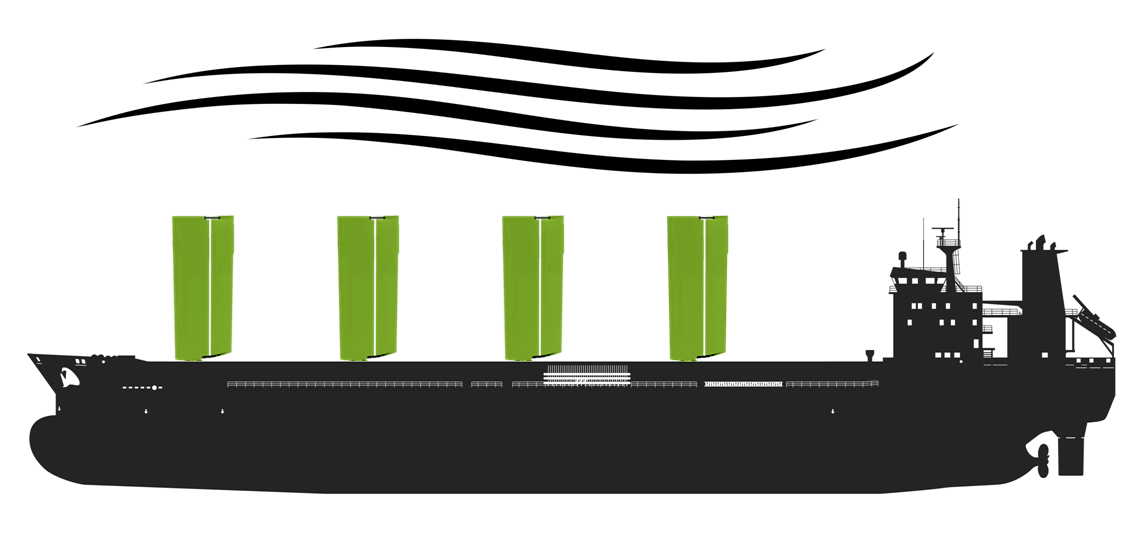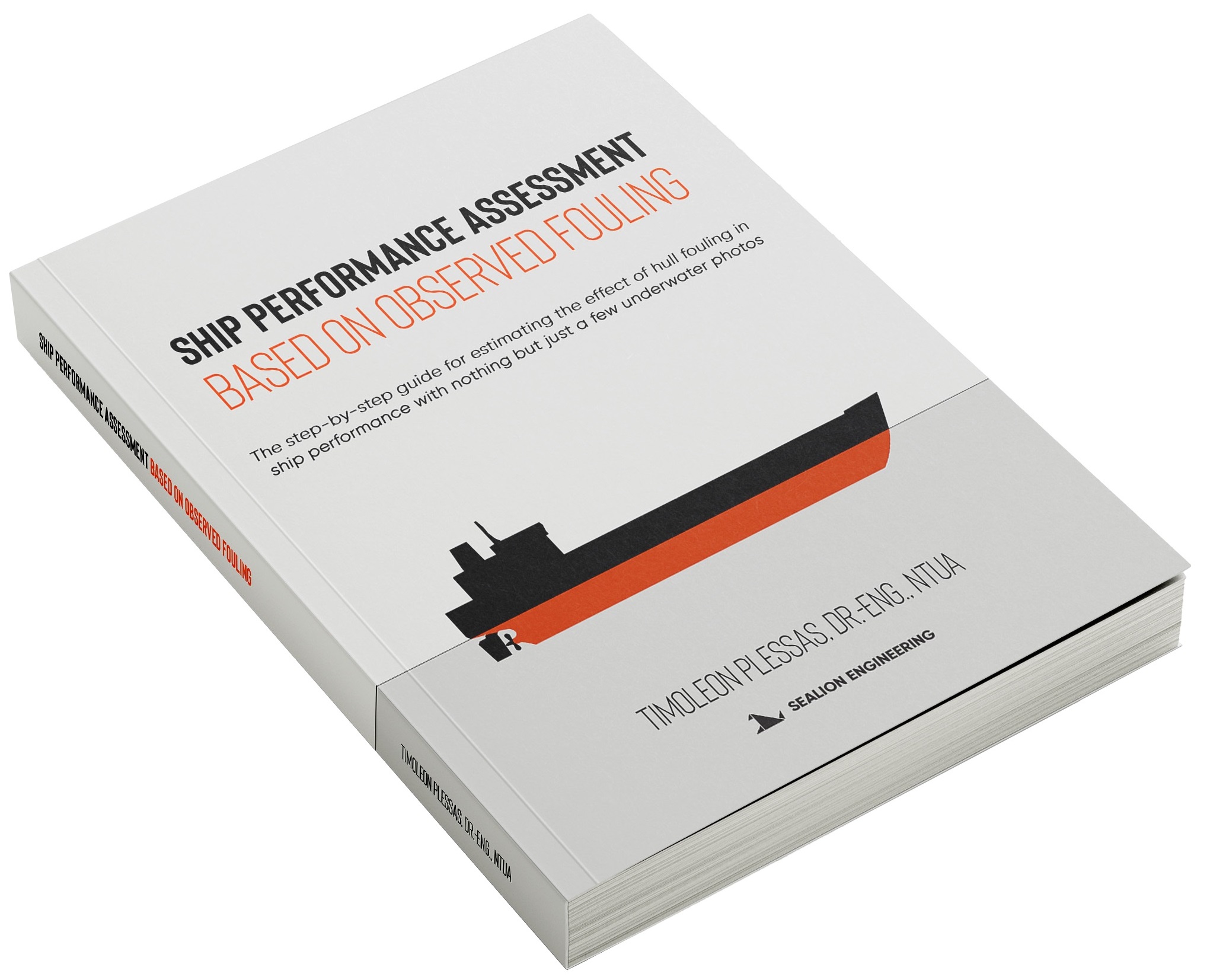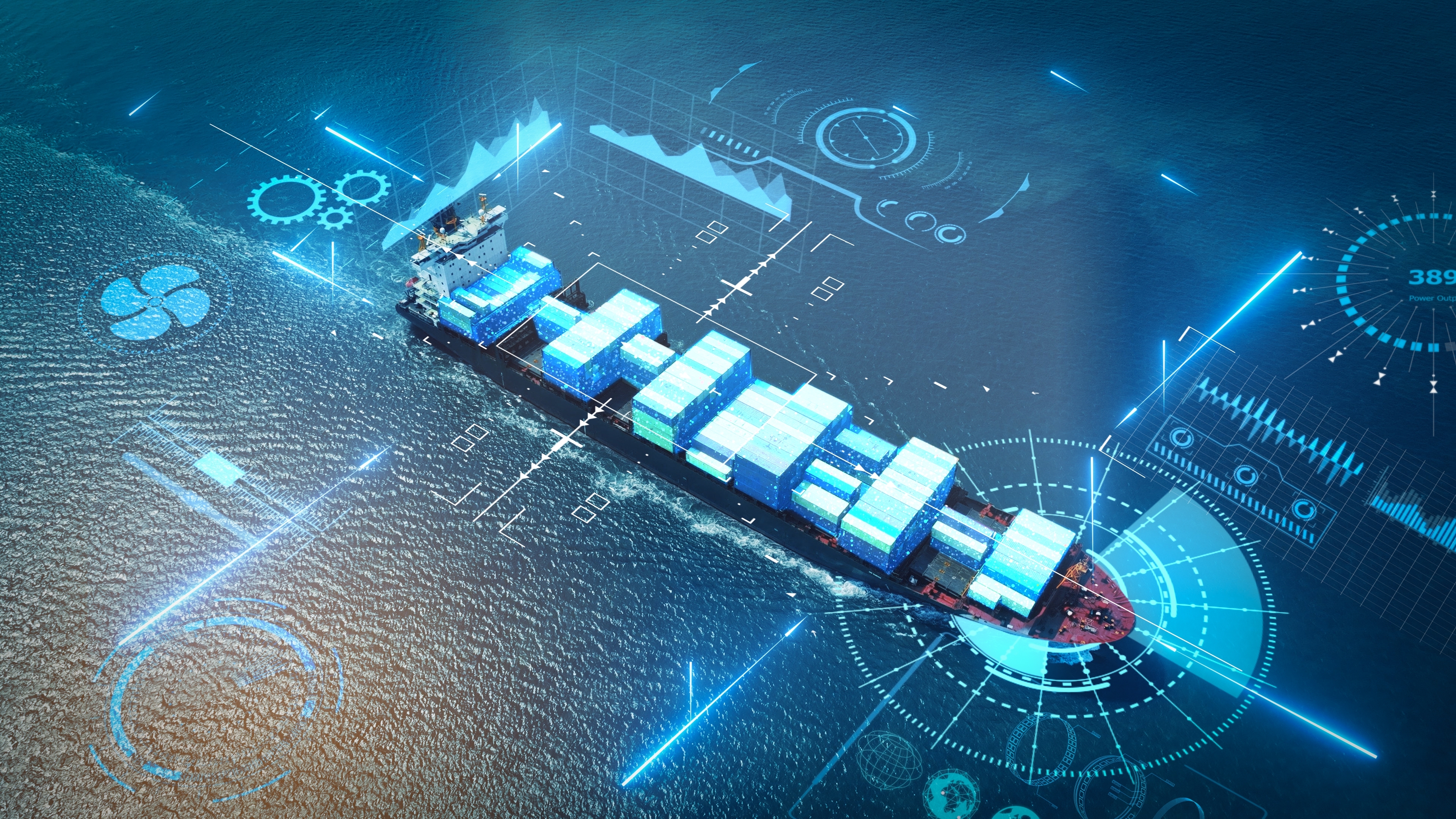
Wind Assisted Propulsion Systems (WAPS)
Investing in Wind-Assisted Propulsion Systems (WAPS) requires a detailed techno-economic analysis to ensure you select the optimal solution. Both the initial costs and projected savings (vessel-specific and route-specific) must be evaluated in order to make informed, data-driven decisions.
WAPS FEASIBILITY STUDY
Realistic Savings Estimation - Return On Investment (ROI) estimation according to vessel specific routes - Comparison of various WAPS
Check our publication on VLCC design optimization with WAPS
Ship Performance Assessment Based on Observed Fouling
The step-by-step guide for estimating the effect of hull fouling in ship performance with nothing but just a few underwater photos
Projects

ORCELLE: Wind as main propulsion (2023-2027)
Wind-assisted propulsion is a high-potential solution on the path towards decarbonisation. With this in mind, the EU-funded Orcelle project will develop and demonstrate a solution involving wind as the main form of propulsion. Orcelle expects to achieve an energy efficiency gain of more than 50 % (average savings in full-year operation). While engines may be used in situations where there is insufficient wind, energy efficiency gains could reach close to 100 % under ideal sailing conditions. Building on its initial designs of a prototype vessel, the project will now build two physical demonstrators: a 1-wing retrofit (targeting 10 % efficiency gains) and a multi-wing new-build demonstrator (targeting +50 % efficiency gains overall).

HOLISHIP: HOLIstic optimisation of SHIP design and operation for life cycle (2016-2020)
HOLISHIP addressed urgent industry needs by the development of innovative design methodologies, integrating design requirements (technical constraints, performance indicators, life-cycle cost, environmental impact) at an early design stage and for the entire life-cycle in an integrated design environment.

SHOPERA: Energy Efficient Safe SHip OPERAtion (2013-2016)
The 2012 guidelines on the attained Energy Efficiency Design Index (EEDI) for new ships (MEPC.212(63)) represent a major step forward in implementing the REGULATIONS ON ENERGY EFFICIENCY OF SHIPS (resolution MEPC.203(62)). There were, however, serious concerns regarding the sufficiency of propulsion power and of steering devices to maintain the maneuverability of ships in adverse conditions, hence the safety of ships. SHOPERA Investigated the impact of the proposed new guidelines on the design and operational characteristics of various ship types and proposed methodologies that ensure sufficient power and safe maneuverability.

REFRESH: Green Retrofitting of Existing Ships (2012-2015)
The central concept of REFRESH was the dynamic energy modeling, i.e. the simulation of the energy production, consumption and losses over time. This idea was implemented in a decision support tool that allowed onboard and ashore personnel to monitor the performance of the ship and adopt appropriate practices as a function of its operational profile. The objectives of REFRESH were:
- Development of dynamic energy modeling routines;
- Optimization of the energy efficiency and air emissions for retrofitting and operation;
- Development of a monitoring and management methodology for operation; and
- Development of a decision support tool for operation.
About

My name is Timoleon Plessas I am the founder of Sealion Engineering. I've studied Naval Architecture and Marine Engineering at the National Technical University of Athens (NTUA) and I hold a PhD in the field of “Ship Design Optimization”. I have collaborated with NTUA in EU-funded research projects dealing with various aspects of ship design and operation such as ship design optimization, maneuvering in adverse weather conditions, simulating energy systems and wind-assisted propulsion. I have published numerous papers in journals and conferences and I have served as a reviewer for the “Ocean Engineering” journal. I have also worked in the energy department of a large Greek shipping company with 70+ ships of various types and sizes. There, I participated in the monitoring of vessel’s performance by developing sophisticated tools for handling high- frequency data and arranging underwater hull inspections and hull cleanings. I created Sealion Engineering in order to utilize my academic knowledge and industry expertise and offer consulting services in the maritime industry.

